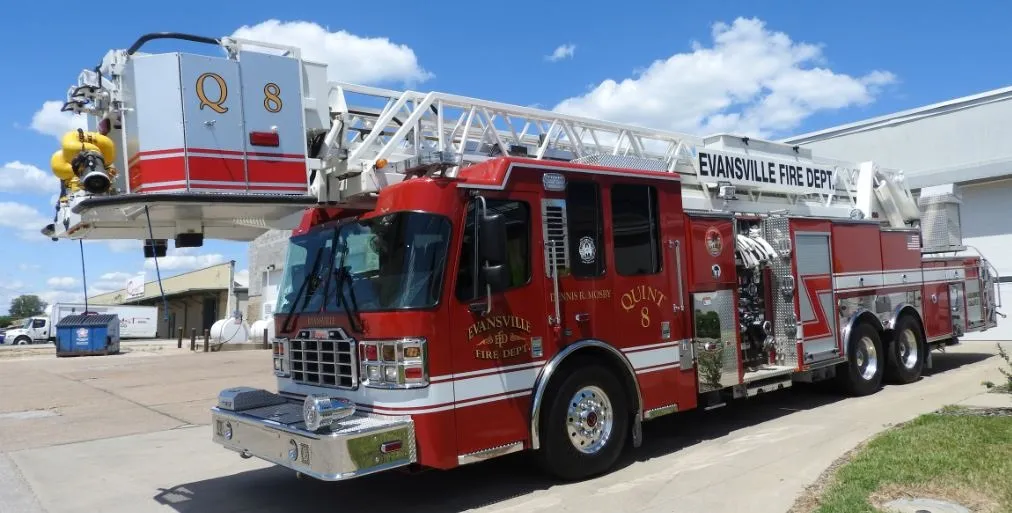
Applied Information has expanded its partnership with Traffic Control Corporation to distribute Applied’s traffic signal pre-emption and priority products in the Midwest US region.
The partnership covers the states of North Dakota, South Dakota, Nebraska, Iowa, Wisconsin, Illinois, Indiana, Minnesota, Michigan and most of Missouri.
Applied Information's technology enhances response times and safety for both first responders and the travelling public.
Applications include emergency vehicle pre-emption for fire, police and ambulance services and signal priority for transit buses, school buses and snowploughs.
Applied's pre-emption and priority solution uses GPS technology and multiple diverse, redundant communication methods including cellular vehicle to everything (C-V2X Network), line-of-sight radio and optical technology. In addition to the extended range of C-V2X Network to clear multiple intersections, the cellular connectivity enables emergency vehicles to alert motorists that a first responder is nearby via a smartphone app, Waze and Haas Alert.
Traffic Control was founded in 1946 as a distributor of traffic signal equipment and is now one of the largest distributors in the US, offering products from more than 30 manufacturers.
“Our partnership with Applied Information enables us to provide first responders across the Midwest with the industry-leading technology,” said John Lizzadro, president of Traffic Control. “Providing faster response times with the AI technology will save lives and will improve safety for our first responders and the motoring public.”
“We look forward to an ever-expanding relationship and an exciting future of growth,” said Bryan Mulligan, president of Applied Information.
Applied Information was founded in 2011 and is based in Alpharetta, Georgia. The company develops systems for smart cities, connected vehicles (C-V2X), and intelligent transportation for the surface transportation sector. Key products are smart traffic signals, school zone safety beacons, emergency vehicle pre-emption, transit and school bus priority, asset security and intelligent street lighting.
Applied Information’s Glance Smart City Supervisory platform enables cities to manage all their traffic and ITS assets on one web-based application. Applied Information’s TravelSafely Connected Vehicle Messenger Engine connects smartphones, vehicles and navigation apps to the transportation infrastructure.
It also operates the Infrastructure Automotive Technology Laboratory, an incubator and developer of connected vehicle applications.








